
-
 Out and about
Out and aboutWhich regions are most affected by storms?
-
 Out and about
Out and aboutDriving without a driver’s license: No trivial offense
-
 Out and about
Out and aboutSafe through the winter – Tips for car drivers
-
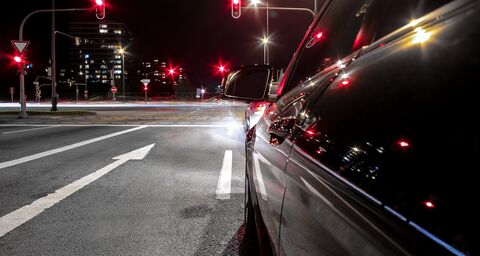 Out and about
Out and aboutGross negligence: How you can protect yourself and where the limits are
-
 Out and about
Out and aboutIs it legal to wear headphones while driving?
-
 Out and about
Out and aboutParking your bike for the winter: what you need to know
-
 Out and about
Out and aboutSafe motorcycle riding to start the season accident-free
-
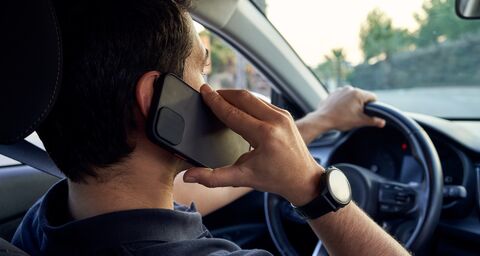 Out and about
Out and aboutUsing a phone behind the wheel: An underestimated risk
-
 Out and about
Out and aboutTips for buying your first car
-
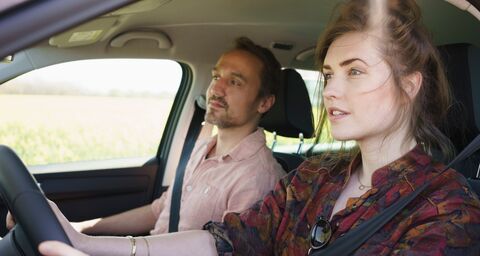 Out and about
Out and aboutCaught speeding? These are the fines you can expect in Switzerland.
-
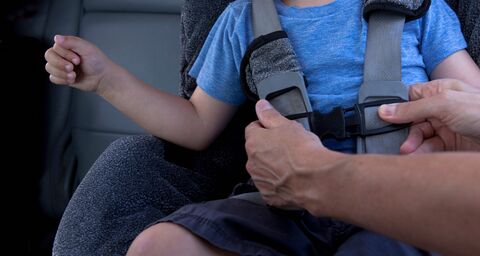 Out and about
Out and aboutChild seat: The safest place in the car
-
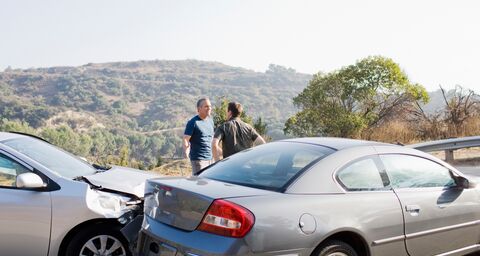 Out and about
Out and aboutEvent data recorder − digital car tracks
-
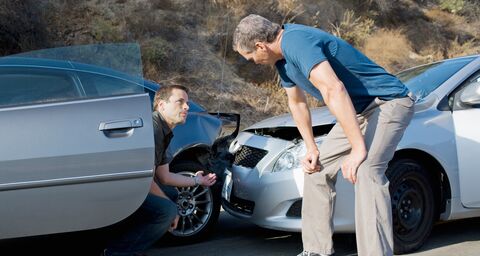 Out and about
Out and aboutRear-end collision: What you need to know
-
 Out and about
Out and aboutFive key rules for your RV vacation
-
 Out and about
Out and aboutPartial or comprehensive accidental damage insurance? Tips for choosing your best coverage
-
 Out and about
Out and aboutSnow, salt, and dirt pose the biggest dangers to driver assistance systems
-
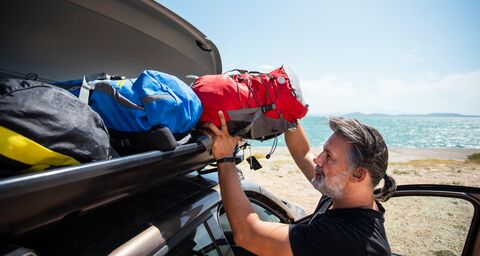 Out and about
Out and aboutHow to load a roof box
-
 Out and about
Out and aboutLegal CBD-hemp cigarettes – how do they affect your ability to drive?
-
 Out and about
Out and aboutWhat you need to know about accompanying a learner driver
-
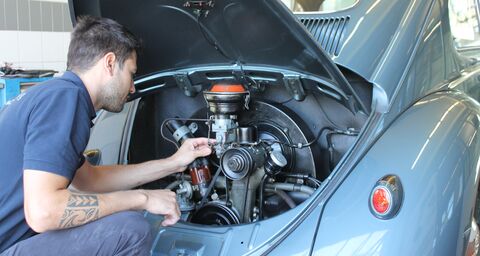 Out and about
Out and aboutWinterizing vintage cars: ten tips from the experts
-
 Out and about
Out and aboutChanging your tires: Tips for a safer journey
-
 Out and about
Out and aboutDistractions behind the wheel: legal consequences of an accident
-
 Out and about
Out and aboutDriving an RV safely in bad weather
-
 Out and about
Out and aboutSeatbelts: many adults don’t buckle up properly
-
 Out and about
Out and aboutAll’s well that ends well: Marc’s classic Cadillac crash
-
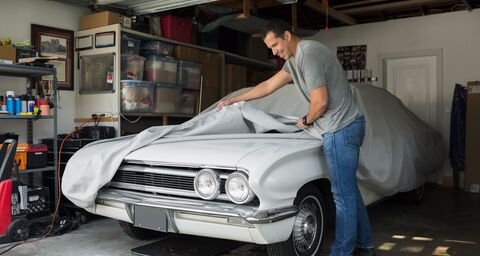 Out and about
Out and aboutBuying and registering a vintage car: what do I need to know?
-
 Out and about
Out and aboutWhat are all-season tires good for?
-
 Out and about
Out and aboutSeven mistakes to avoid when buying a car
